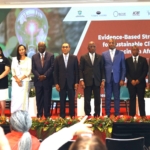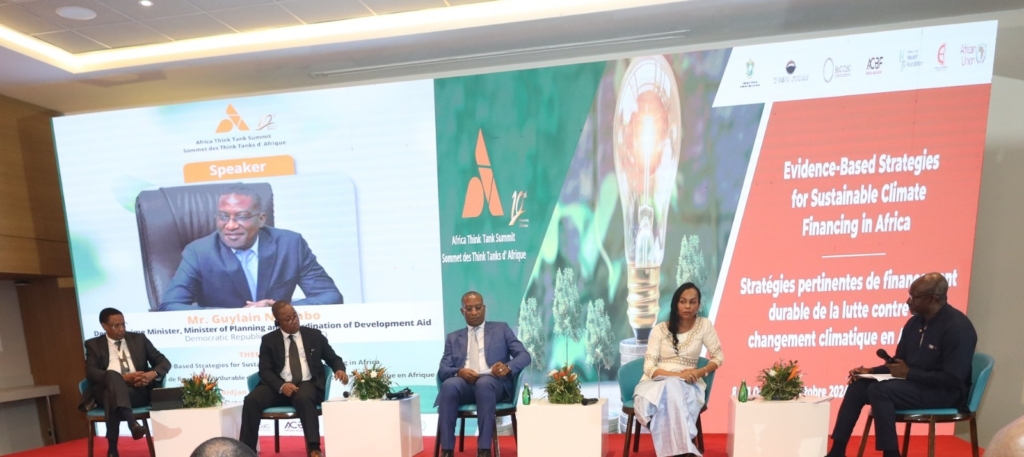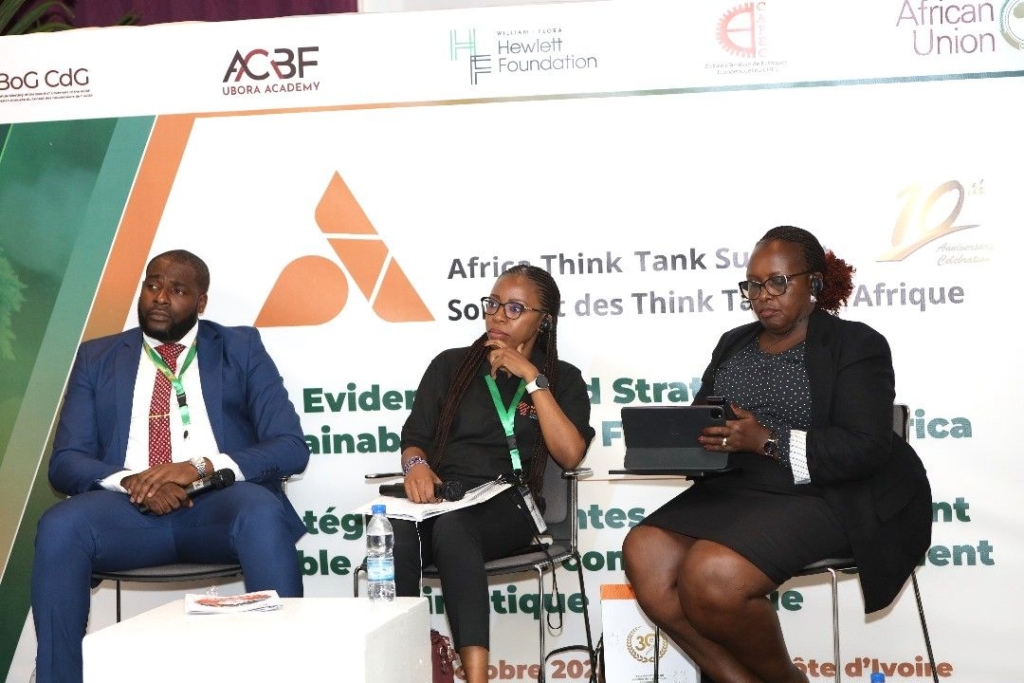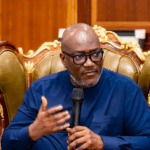
As fiscal pressures mount across the continent, African leaders and policy experts are preparing for a high-stakes summit that could reshape how nations fund their own development — from taxation to tangible action.
The 11th Africa Think Tank Summit (ATTS) will be held from 8–10 October 2025 in Addis Ababa, Ethiopia, under the theme “From Taxation to Action: Bridging Policy and Implementation in Public Financial Management (PFM) in Africa.”
At a virtual press briefing held earlier today, conveners from the African Capacity Building Foundation (ACBF), the African Union Commission (AUC), and the African Leadership Excellence Academy (AFLEX) outlined the significance of the Summit, which comes at a critical time in Africa’s economic journey.
The event is supported by the World Bank, the Hewlett Foundation, and hosted by the Federal Democratic Republic of Ethiopia through its Ministry of Finance.
“The Summit will be a great opportunity to deliberate on pressing issues of the day—and issues of the future,” said H.E. Zadig Abreha, President of AFLEX. “The theme speaks directly to Africa’s long-time challenges. It’s not only about designing good policies, but ensuring they are implemented effectively and sustainably.”

Moving From Rhetoric to Results
With global aid declining and fiscal pressure rising, speakers emphasized that Africa’s future hinges on turning policy into practice—especially in the area of domestic resource mobilization.
“Across Africa, bold fiscal reforms are being announced, but the true test lies not in their design—but in their implementation,” said Mr. Mamadou Biteye, Executive Secretary of ACBF. “Knowledge without implementation has little impact. The Summit will move beyond dialogue to the launch of concrete initiatives.”
Mr. Biteye highlighted several key initiatives that will be unveiled at the Summit, including the Africa Think Tank Platform Project, designed to connect and empower research institutions across the continent and strengthen their engagement with policymakers.
“We are also launching a Book on African Think Tanks, which documents experiences, lessons learned, and their contributions to policymaking,” he added. “And with practical innovations like the PFM Hackathon and hands-on training workshops, professionals will be equipped with the skills to solve real fiscal challenges.”
A Strategic and Timely Agenda
The ACBF announced a dynamic program for the Summit, with sessions designed to build momentum for meaningful reform. Highlights include:
- Ministerial Dialogue on resource mobilization and policy accountability
- A PFM Hackathon, where innovators present digital solutions to fiscal challenges
- Training workshops targeting public servants, economists, and PFM specialists
- The Africa Think Tank Platform Project, fostering knowledge exchange and policy engagement
- The Book Launch on African Think Tanks, celebrating institutional contributions across the continent
- ACBF’s 34th Annual Board of Governors Meeting on 7 October 2025, gathering Ministers of Finance and top policymakers
Elevating the Media’s Role
During the briefing, ACBF’s Head of Communications, Fatou Diouf, emphasized the important role of journalists in shaping public discourse around PFM reforms, and encouraged media representatives to localize the Summit’s stories for their audiences.
“We see media not just as observers, but as co-creators of Africa’s fiscal future. We encourage journalists to engage, question, and share the real stories behind the numbers,” she said.
Participating journalists will have access to exclusive interviews, daily press updates, and background materials to support comprehensive and impactful reporting.
A Platform for Africa’s Fiscal Transformation
The Africa Think Tank Summit, now in its 11th edition, has evolved into a premier space for connecting evidence, policy, and action. This year’s Summit will confront the enduring challenge of bridging the implementation gap—a key barrier to Africa’s self-reliant development.
Key focus areas include:
- Innovative taxation strategies and PFM reform
- Institutional capacity building and oversight mechanisms
- Citizen engagement and transparency in governance
- Financing climate action, health, education, and infrastructure
As the continent works toward achieving Agenda 2063 and the Sustainable Development Goals, the Summit is expected to yield practical commitments and tools that will support more effective, accountable, and homegrown fiscal policies.
“This is not just another policy conversation,” said Mr. Biteye. “This is Africa taking ownership of its development future—through institutions, ideas, and implementation.”





